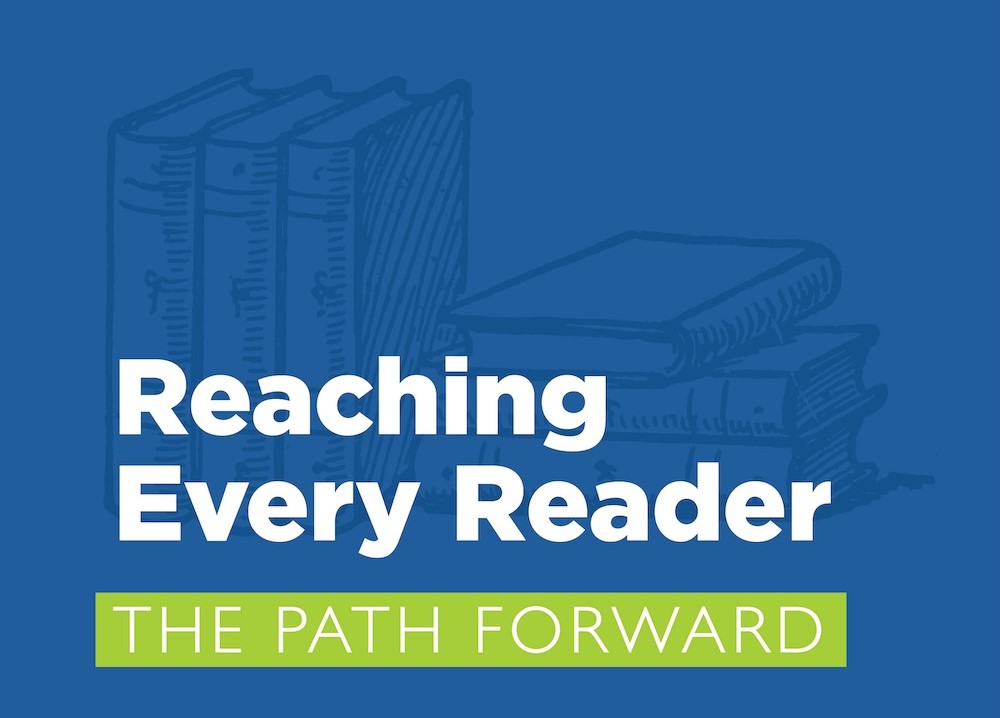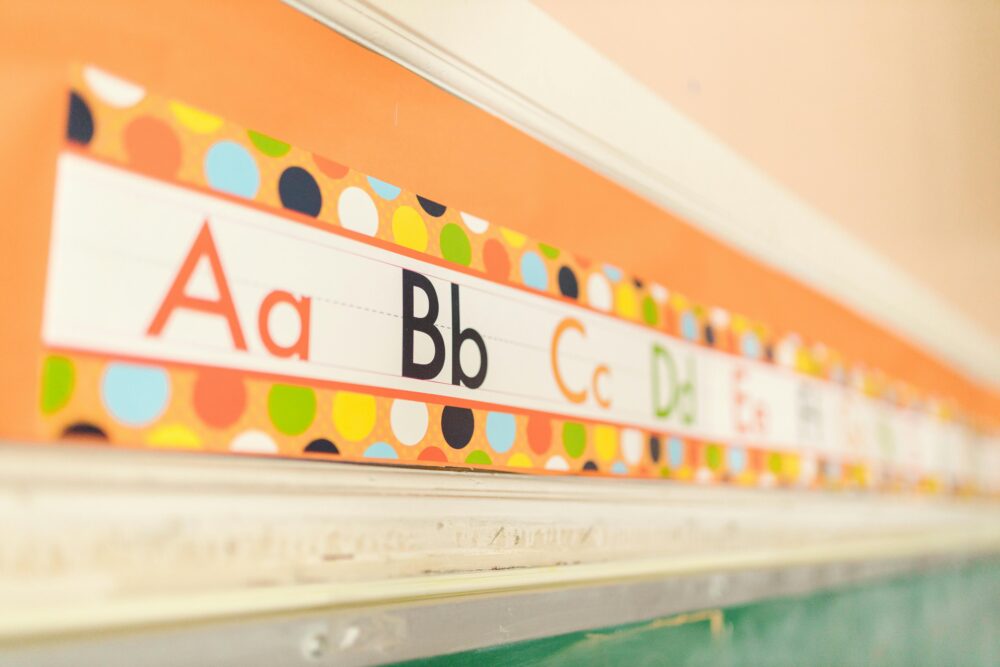Reaching Every Reader: The Path Forward
This report summarizes key takeaways from the December 2021 Literacy Summit—a day-long virtual event jointly hosted by AFC, the NYC Department of Education (DOE), and the ARISE Coalition—and makes clear recommendations for improving reading instruction in New York City schools. The report was accompanied by a Call to Collective Action signed by 70 organizations.

On May 2, 2022, Advocates for Children of New York (AFC) released a new report, Reaching Every Reader: The Path Forward, summarizing key takeaways from the previous December’s Literacy Summit—a day-long virtual event jointly hosted by AFC, the NYC Department of Education (DOE), and the ARISE Coalition—and articulating a clear vision for improving reading instruction in New York City schools. Mayor Adams and Chancellor Banks have rightly framed literacy as a pressing equity issue, and the report provides concrete action steps to guide the path forward. In addition, 70 organizations released a Call to Collective Action [PDF], joining together around the shared goal of universal literacy and pledging to fight to ensure that every child, in every classroom, has the support they need to become a successful and lifelong reader.
Literacy is the gateway to future learning and essential for full participation in civic life; yet an unconscionable number of DOE students are not being taught how to read. Fewer than half of all 3rd–8th graders, and only 36% of Black and Hispanic students, scored proficient on the 2019 New York State English Language Arts (ELA) exam, the most recent year for which complete testing data are available; early national data show that not only are more children struggling with reading in the wake of the pandemic, but racial disparities have become even more extreme.
“Every parent sends their child to school assuming they will be taught to read. Yet when students struggle, parents often have to find help on their own. As a city, we need to stop accepting that unacceptable outcome and provide the literacy instruction and support needed to make all children proficient readers.”
Kim Sweet, Executive Director of AFC
“Even after 19 years in DOE classrooms, I still struggled to teach many of my students how to read, because I had never received professional learning or resources on how to best meet their needs,” said Teresa Ranieri, who is now a Universal Literacy Coach supporting kindergarten, first, and second grade teachers. “I am very fortunate to have been able to learn what actually works in literacy instruction, and now, as a coach, I am able to share what research states is best practice with my colleagues so they don’t repeat my mistakes. I hope the DOE will build on our important work and make sure all schools are using effective reading curricula. Universal Literacy coaches like myself are ready to help schools implement new programs and make the biggest possible impact in raising early literacy rates.”
The challenges facing New York City public schools are far from new, but the literacy summit came at a moment when the time is ripe for change: with a new Mayor who speaks frequently about how his dyslexia went undiagnosed in school, a new Chancellor who has vowed to create change in reading instruction, a massive body of research on what works in teaching reading , an influx of federal funding, with $250 million already designated for “academic recovery and student supports,” and widespread support for prioritizing the issue, the City has an unprecedented opportunity to fundamentally transform our approach to reading instruction and intervention. It will require a comprehensive, long-term plan that goes beyond band-aid solutions and a commitment to making evidence-based, culturally and linguistically responsive literacy instruction a top priority. Based on the discussions at last December’s summit, the report recommends that City Hall and the DOE:
- Bring together stakeholders to move the work forward, coordinate efforts, and sustain support. The City should establish a structure to articulate a shared vision, align around goals and a theory of change, establish benchmarks for measuring success, and facilitate coordination of efforts. Chancellor Banks recently announced that the DOE would be forming an Advisory Council on Literacy, which has the potential to fill this role, provided all the necessary players are at the table.
- Require all schools to use evidence-based curricula that are culturally and linguistically responsive and aligned with the science of reading, such that every student receives the explicit, systematic instruction in foundational skills that research shows is critical for success. The City should conduct a comprehensive inventory of the curricula, interventions, and other supplemental reading programs currently being used in NYC schools, determine which schools need to replace their current programs, set clear timelines for doing so, and fund the purchase of the materials and training necessary for successful implementation.
- Continue and build upon the work of the Universal Literacy initiative to provide on-the-ground coaching and ongoing support to educators. Changing instruction cannot happen overnight; teachers will need time, training, and support to change their practice to align with the science of reading. The 400 Universal Literacy coaches are well positioned to provide the support necessary to drive systemic change.
- Build out the infrastructure for a cohesive literacy ‘safety net’ that identifies students who need extra help in reading and provides them with individualized, evidence-based intervention. The City should provide individualized, evidence-based intervention to all students, regardless of grade level, who need extra support to become skilled readers. Using available federal COVID-19 relief funding, the City could hire and train a new corps of tutors, leverage current staff who have been trained in evidence-based approaches, and/or scale up promising initiatives like the CUNY Reading Rescue-Reading Ready tutoring corps that matches pre-service teachers with NYC elementary school students to provide evidence-based literacy interventions one-on-one or in small groups.
“All children begin their educational careers eager to learn, and teaching them how to read is one of the most fundamental responsibilities of our public schools,” said Sarah Part, Policy Analyst at Advocates for Children of New York. “When students are not reading proficiently, they have not failed. The school system has failed them. New York City has the tools, funding, and widespread consensus it needs to finally turn the page on literacy instruction, and the new Administration should seize the opportunity to effect real change.”
Media Coverage
-
Infusion of federal cash, a more focused approach seen as key to boosting literacy in NYC schools
-
NYC DOE falls short of preparing students with reading skills: advocates


